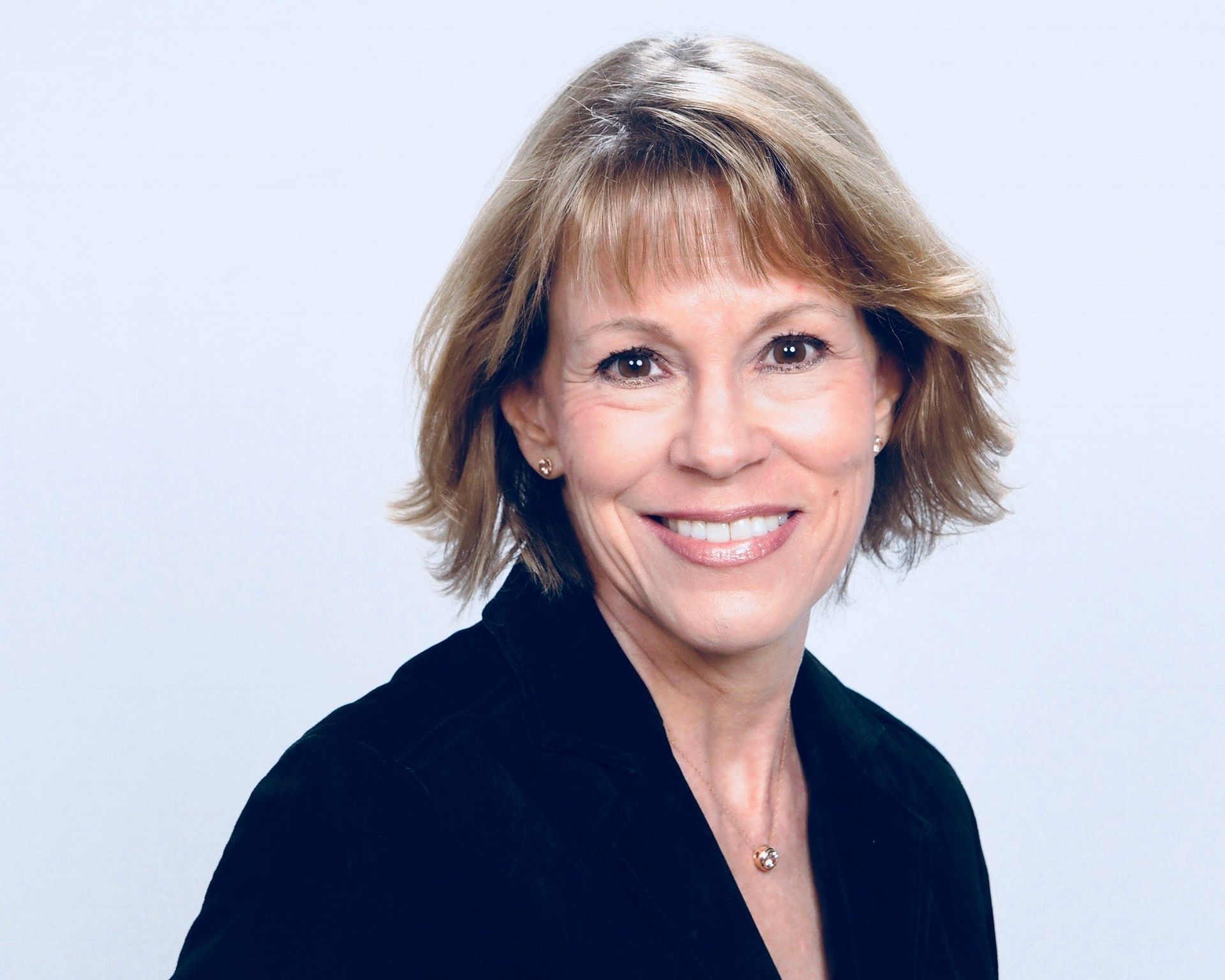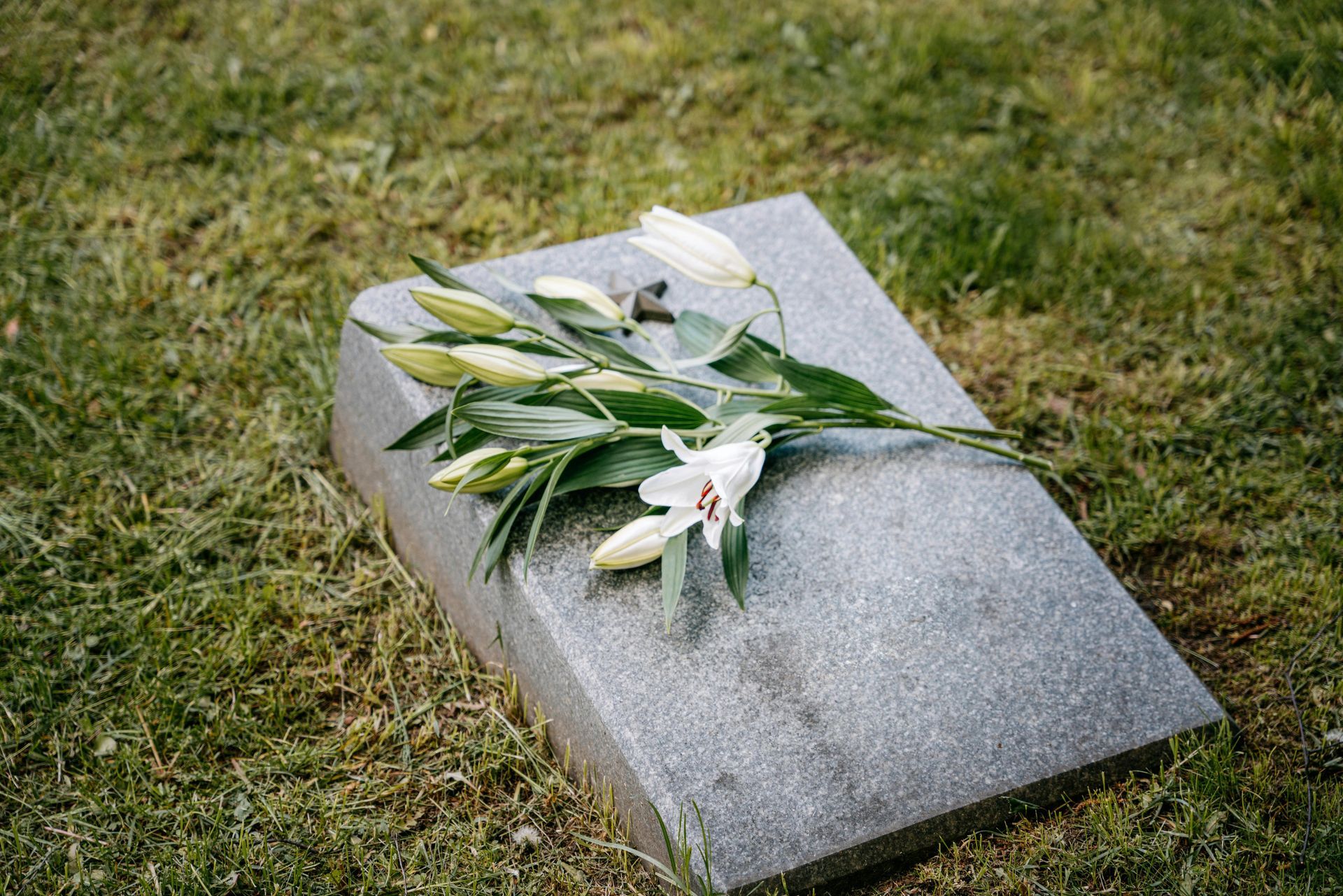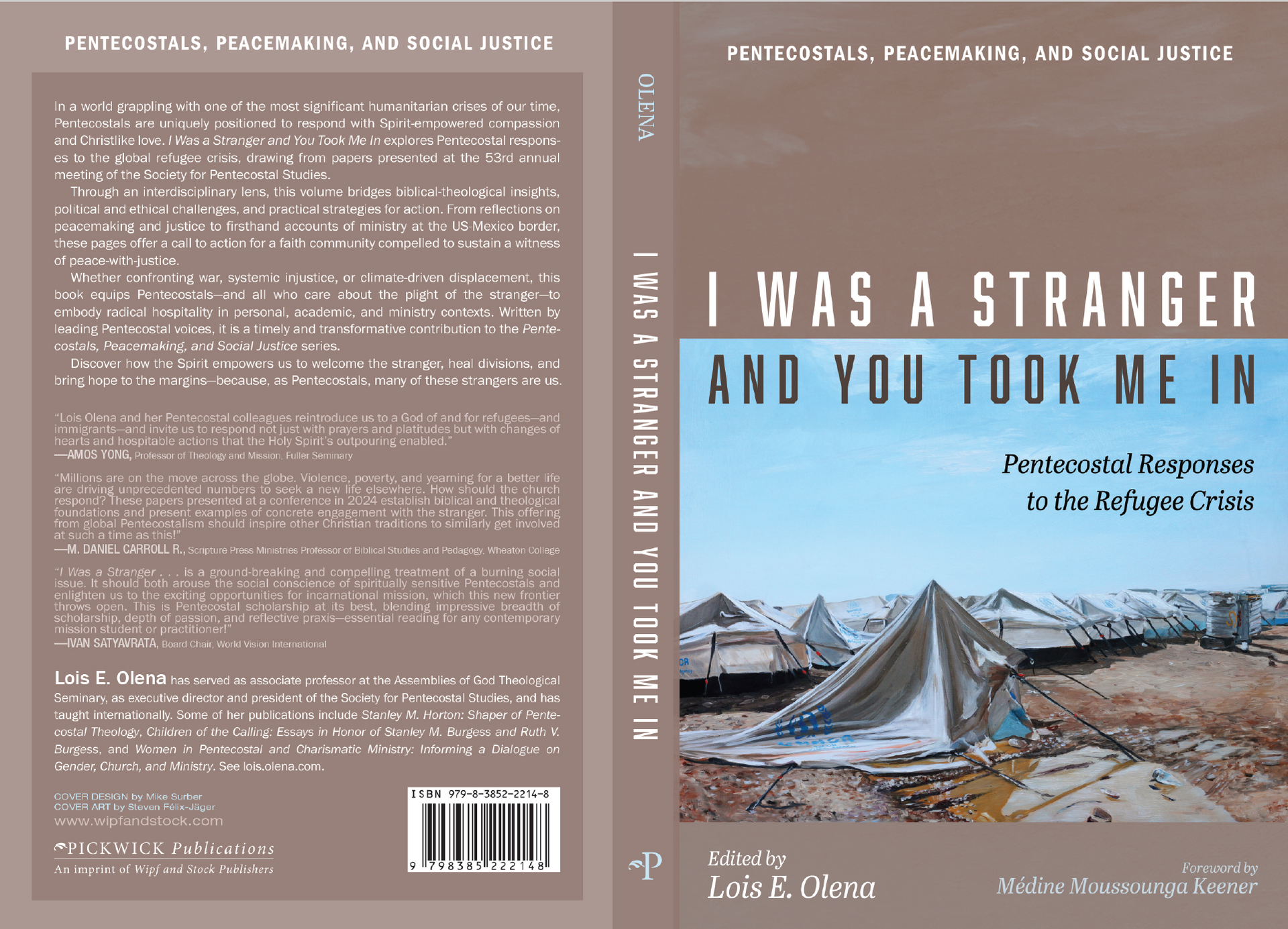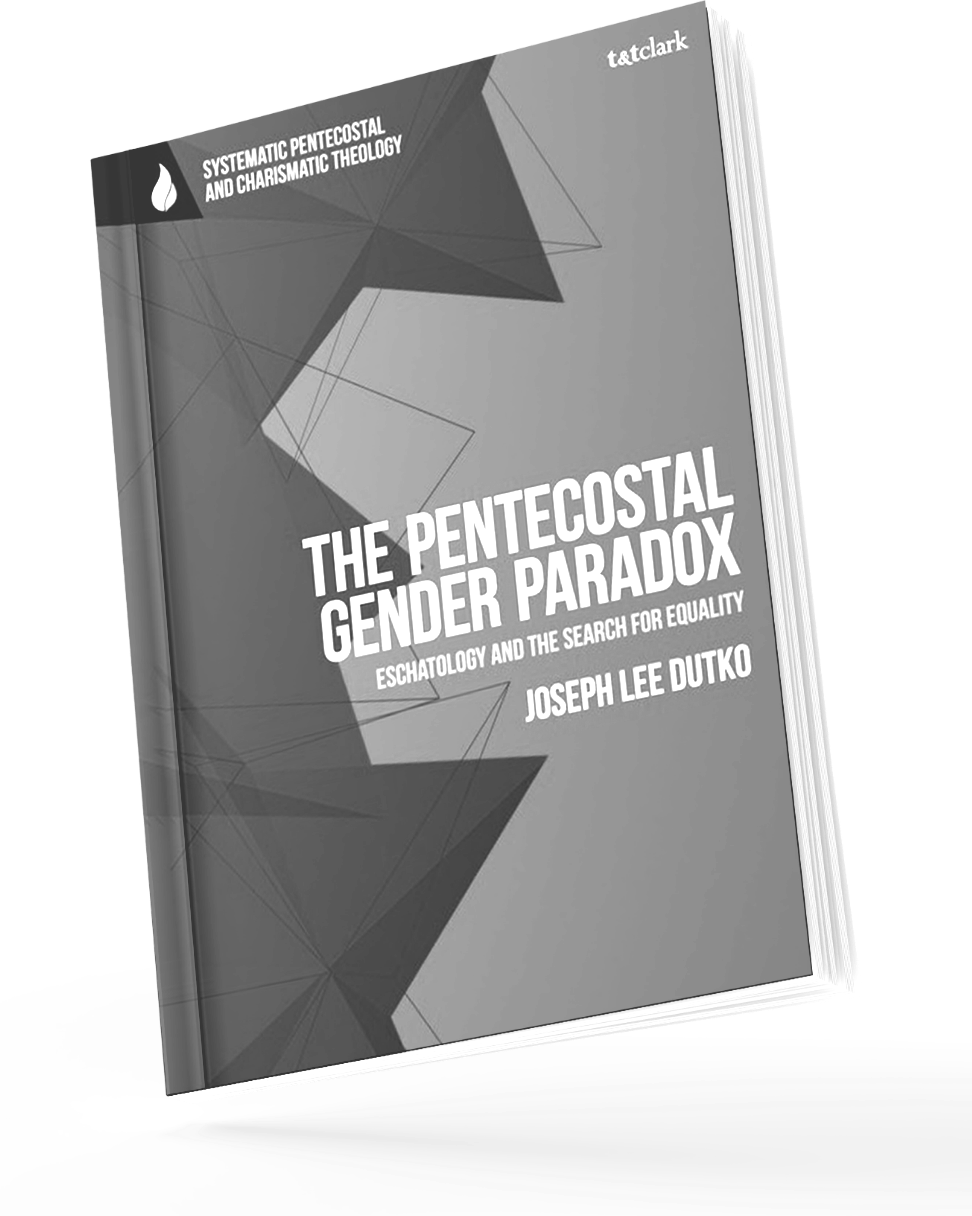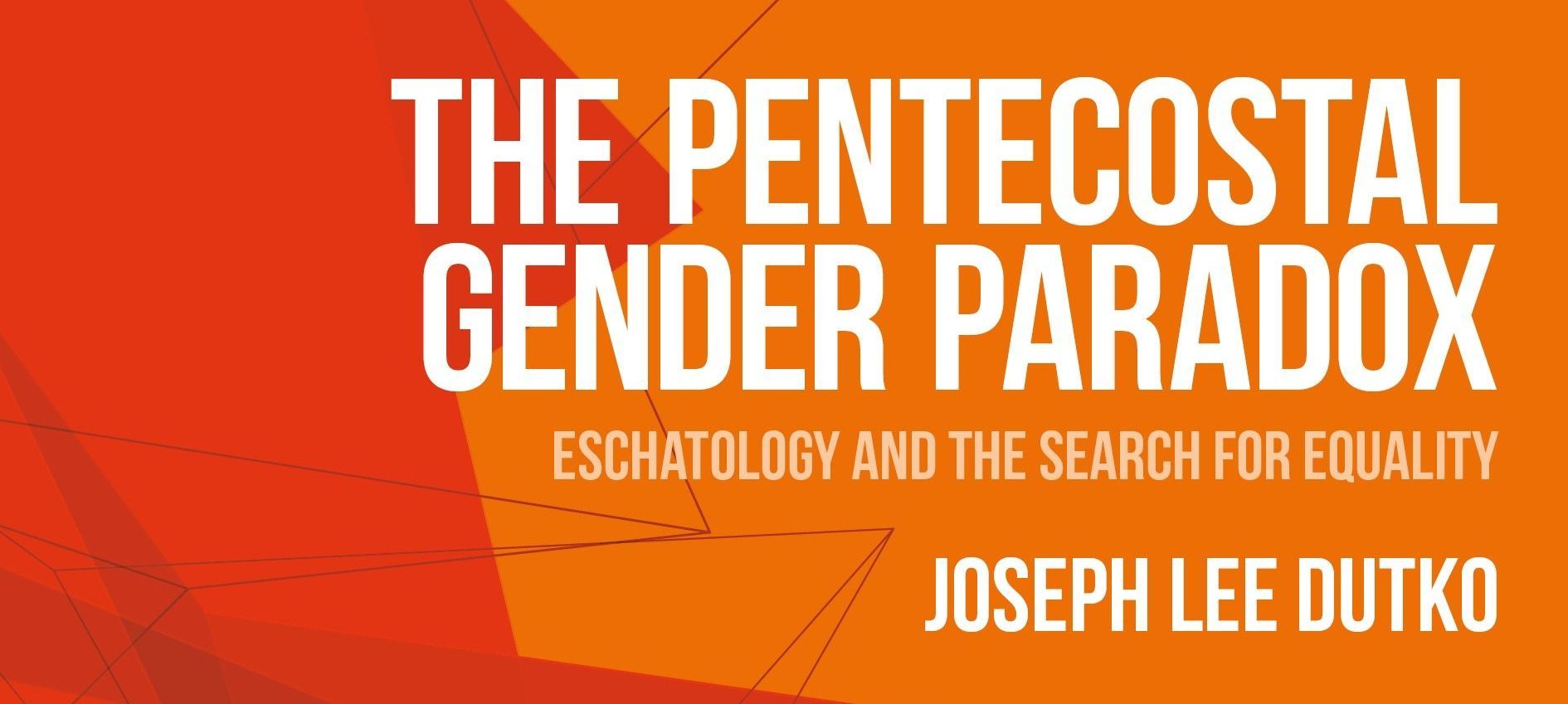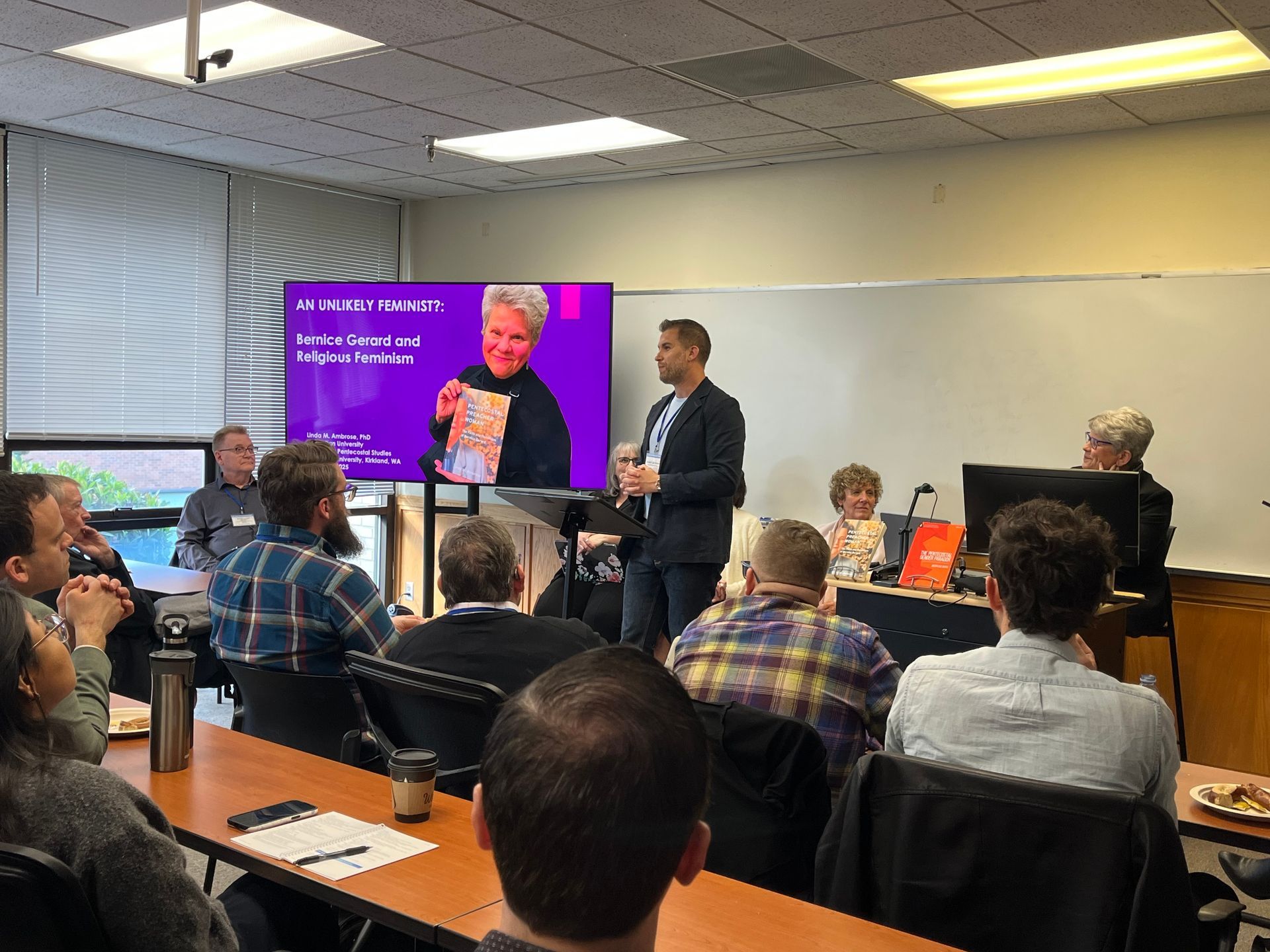Guest Post: Seeing Through New Eyes
What biblical and doctrinal insights emerge when we see through the eyes of women?
I am excited to share what I hope is the first of many guest posts on the gender paradox blog by welcoming Julie Walsh. Want to share your story, insights, or ideas related to the gender paradox? Submit a proposal here.
I’ve often seen that women can “have a voice” in certain arenas—as long as they don’t upset the status quo by suggesting anything that might disrupt the main understandings, which were developed by men. This, I believe, is one reason why women remain caught in the so-called “gender paradox” that Joseph describes. Until women and men are open to considering the new ideas that women see concerning Christianity, this gender paradox may continue. These new ideas may be disconcerting, though.
For instance, as a PhD candidate in Renewal Theology, I enjoy examining theological areas related to women in areas such as Exegesis and Bible Translation, Biblical Intertextuality, Historical Theology, and the Doctrine of Scripture.
Below is a brief example of seeing each of these four areas "through new eyes."
Exegesis and Bible Translation
I recently published a co-authored academic, peer-reviewed paper arguing for a translation of Ephesians 5:33 that Bible translations have not used: “Indeed, as for you individually, each husband among you must love his own wife as himself so that the wife may respect her husband.”
Biblical Intertextuality
There are important intertextual references in the New Testament that refer back not just to men like Moses, Isaac, and David, for instance, but also to women such as Deborah and Jael.
Historical Theology
I do not believe that Christian egalitarianism is a new development in Church history. Women have been saying the same things about the Bible and Jesus’ equal treatment of women and his equal opportunities for women for as long as women’s writings have been kept and their ability to write was unhindered by persecution or illiteracy. Katharine Bushnell, writing in the early 20th century is one example. Margaret Gibson is another.
Doctrine of Scripture
Respecting the God who inspired the Bible involves understanding that God chose women prophets to speak and lead for him and recognizing that their words are included in God’s holy scriptures for us. (My presentation of a shortened version of a paper on this is here.) This fact alone has ramifications for the home, church, and world.
Such ideas may especially cause a person disturbing feelings if they challenge that person’s current understanding of the proper relations between men and women. Perhaps only those who are courageous enough to consider that their teachers and culture may have been gender-biased will be able to see beyond exclusively male interpretations and theological understandings.
NEWSLETTER SIGNUP (blog post layout)
ABOUT JOSEPH
Pastor, Author, and sometimes pretends to be a Scholar
Joseph (PhD, University of Birmingham) is the author of The Pentecostal Gender Paradox: Eschatology and the Search for Equality.
Since 2015, he and his wife have together pastored Oceanside Community Church on Vancouver Island, where they live with their four children.

